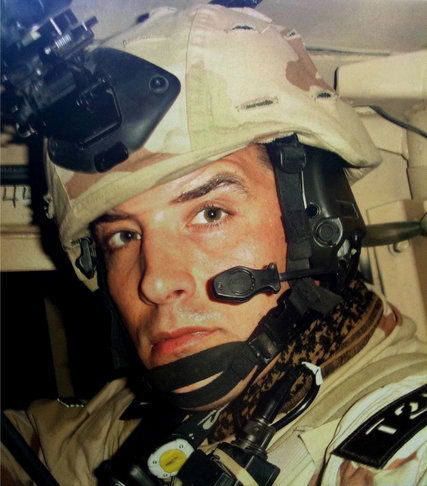
“NEW YORK TIMES” By Christopher Drew
“Medical researchers have found that the nation’s Special Operations forces are suffering just as much, or more, than regular troops from post-traumatic stress disorder and brain injuries. Several dozen members of the Special Operations Community have killed themselves over the last several years.”
_________________________________________________________________________________________________________________________
“In looking into the suicide of a Navy SEAL team commander, Job W. Price, during a deployment in late 2012, Times reporters learned more about the stresses on elite Special Operations troops.
Christopher Drew, one of the reporters who worked on the story, discusses these issues.
Why did The Times look into Commander Price’s suicide?
When we researched stories about SEAL Team 6 and allegations of detainee abuse involving members of SEAL Team 2, several SEAL team members mentioned that much about Commander Price’s death in December 2012 remained a mystery even to other SEALs. We spoke with his father and sister, and they were not satisfied with the explanations the Navy had provided in ruling his death a suicide and still had many questions about it.
What about your findings surprised you most?
Most of the movies and books about Navy SEALs portray them as warriors who remain resilient in the face of any difficulties, and it was almost unfathomable that a veteran commander would kill himself in the middle of a deployment. But as we studied the Navy’s investigative documents and talked to Commander Price’s friends, it became clear that he was haunted by the deaths of two soldiers and two SEALs under him. The losses seemed to burden him even more because they came after the United States had started to pull out of Afghanistan.
How common is traumatic stress within the Special Operations forces?
Medical researchers have found that the nation’s Special Operations forces — which include Navy SEALs and the Army’s Delta Force, Green Berets, and Rangers, as well as special Marine and Air Force units — are suffering just as much, or more, than regular troops from post-traumatic stress disorder and brain injuries. Most of these special operators have had multiple deployments in Iraq or Afghanistan, and the stresses and brain injuries they experience — some stemming from exposure to explosive blasts in breaching enemy compounds — have been linked to depression. Several dozen members of the Special Operations community have killed themselves over the last several years, usually after they have returned home or gotten out of the military.
Within these elite forces, is there still a stigma attached to seeking help on mental health issues
The Pentagon and the Department of Veterans Affairs now have many programs to teach service members to recognize the signs that they are suffering from stress disorders and brain injuries. The Special Operations Command has created a task force, Preservation of the Force and Family, to address the mental, emotional and physical needs of its troops and their families. It encourages all types of mental health counseling as well as meditation, acupuncture and physical therapy.
What was general reader response to your story?
Whether they opposed or supported United States involvement in the recent wars, readers said they were saddened by Comander Price’s death. Civilians as well as many who served in the SEALs and other units expressed concern that the military is overusing its most elite troops. “A country that believes you can send men and women back into war time after time without that force breaking is fooling itself,” one reader, Bill from Boston, wrote on our site. “My heart breaks for this and the many other families left behind.”